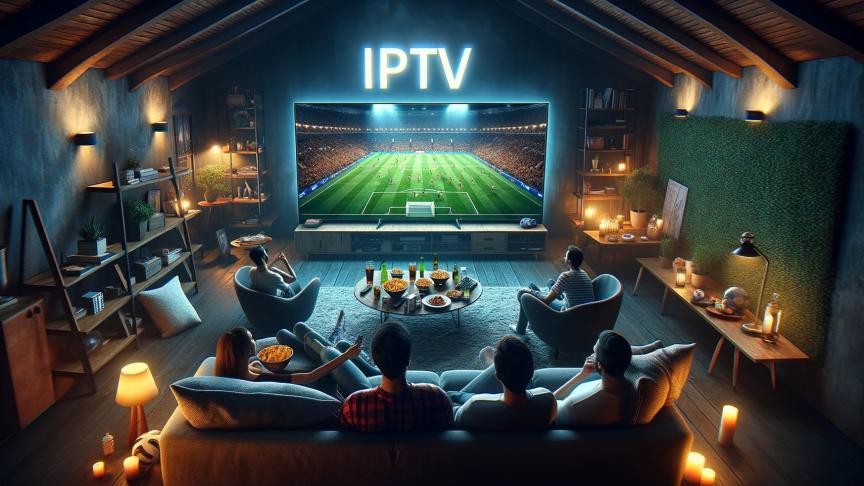Internet Protocol Television (IPTV) represents a transformative shift in how we consume television content. Unlike traditional broadcasting methods, such as satellite and cable, IPTV delivers programming via the internet, providing viewers with enhanced flexibility and a broader array of options. As technology evolves, abonnement iptv is becoming increasingly popular, revolutionizing our viewing experience.
What is IPTV?
IPTV is a system that allows users to receive television programming through internet protocol (IP) networks. This method transmits television signals over a broadband connection, enabling the delivery of live and on-demand content directly to a viewer’s device. IPTV can be accessed through various platforms, including smart TVs, computers, tablets, and smartphones, making it a versatile option for modern audiences.
Types of IPTV Services
- Live Television: This service allows viewers to watch real-time broadcasts of their favorite channels, similar to traditional cable or satellite TV. Users can access various channels, from news and sports to entertainment and niche programming.
- Video on Demand (VOD): VOD services offer a library of content that viewers can watch whenever they want. This includes movies, TV shows, and documentaries. Platforms like Netflix and Amazon Prime Video have popularized this model, allowing for binge-watching and personalized viewing experiences.
- Time-Shifted TV: This feature enables viewers to watch shows that have already aired at their convenience. With time-shifted TV, users can pause, rewind, or record live broadcasts, giving them control over their viewing schedule.
- Catch-Up TV: Similar to time-shifted TV, catch-up services allow viewers to access programs that they may have missed. This feature is often offered by broadcasters, allowing audiences to watch previously aired content within a specified time frame.
Advantages of IPTV
- Flexibility and Convenience: IPTV allows users to access content on various devices, making it easy to watch shows at home or on the go. This flexibility caters to the modern lifestyle, where viewers prioritize convenience.
- Cost-Effectiveness: Many IPTV services are more affordable than traditional cable subscriptions. Viewers can choose from various packages, ensuring they only pay for the channels and content they want.
- Personalization: IPTV platforms often employ algorithms to recommend content based on viewing habits. This personalized approach enhances the viewer experience, making it easier to discover new shows and movies.
- Interactive Features: IPTV services often come with additional features like interactive guides, social media integration, and user-generated content. These elements create a more engaging and immersive viewing experience.
Challenges Facing IPTV
While IPTV offers numerous advantages, it also faces challenges:
- Internet Dependence: IPTV relies heavily on a stable internet connection. In areas with poor internet service, streaming can be interrupted or of low quality.
- Content Licensing Issues: IPTV providers must navigate complex licensing agreements to offer a broad range of content legally. This can limit the availability of certain channels or shows.
- Quality of Service: Users may experience buffering, latency, or poor video quality if the internet connection is insufficient. IPTV providers need to invest in robust infrastructure to ensure a seamless viewing experience.
The Future of IPTV
As technology continues to evolve, the future of IPTV looks promising. With the growth of 5G technology, users can expect even faster and more reliable streaming services. Additionally, advancements in artificial intelligence and machine learning will likely enhance personalization and content recommendations.
The rise of smart home devices will further integrate IPTV into daily life, allowing users to control their viewing experience through voice commands and other smart features. As consumer preferences shift towards on-demand content, IPTV is well-positioned to capture a larger share of the television market.
Conclusion
IPTV is revolutionizing how we consume television, offering a flexible, cost-effective, and personalized viewing experience. As technology continues to advance, the potential for IPTV is vast, promising an exciting future for both viewers and content providers. With its ability to adapt to changing consumer habits, IPTV is not just a trend but a fundamental shift in the way we engage with media.

